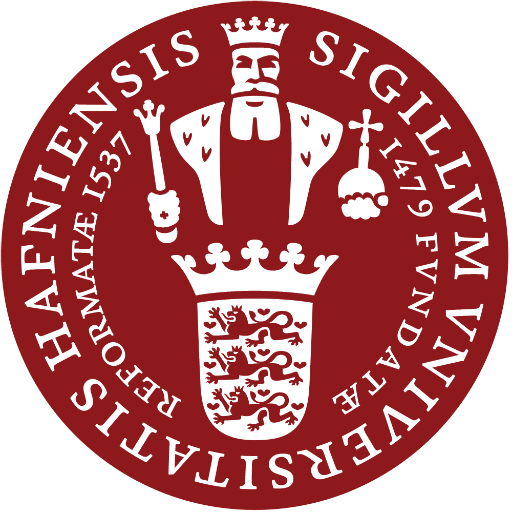Kierkegaard – The Individual in Global Society
This course will be taught twice this summer. We will have an online summer course but will also complete a course with on campus teaching if the COVID-19 situation allow us to do so.
24 June - 29 July 2021 Course syllabus and programme:
Due to the COVID-19 situation the course will be taught in a digital format.
7 July to 30 July 2021 Course syllabus and programme
The course will be taught on campus.
We will have to cancell this course if the COVID-19 situation does not allow on campus teaching. In this case all students who signed up will be offerede to participate in the online course from 24 June - 29 July instead.
Once again, the Faculty of Theology and the Søren Kierkegaard Research Centre are pleased to offer a course on the thought of Søren Kierkegaard in his hometown and at his own university. In this concentrated summer course, you will study alongside students from Denmark as well as countries throughout the world.
The summer course is a study of the works of Copenhagen’s most radical author, the “father of existentialism,” Søren Kierkegaard (1813-1855). Kierkegaard’s entire authorship is centered around the existential project that every human being is confronted with: to become oneself and none other than oneself. And as he sees it, becoming oneself does not happen passively and is never achieved once and for all, but requires constant effort. He thus often describes this project as one of taking responsibility for “choosing,” “gaining,” or “becoming oneself.”
This course examines his witty, humorous, but also deeply earnest exploration of the psychology of self identity. Kierkegaard’s thoughts about the struggle for personhood take us through perhaps unexpected territories: beginning with the breakdown of culture-specific ethnic and religious that have traditionally defined the self, he explores the culturally destructive power of Socrates’ irony, the art of seduction, theories of beauty and boredom, a scathing critique of religious culture and politics, religious demands that conflict with ethical duty, the joy of being embodied here and now, and finally, love.
We will remain especially attentive to the ways in which Kierkegaard’s thought is critical of inherited ethnic and cultural definitions of self, and why he nonetheless considers human relationships to be absolutely essential to understanding oneself and one’s obligations to other human beings.
This course is open to third or fourth year undergraduate students as well as first year graduate students. You must have completed 120 ECTS points before the summer course begins. The course aims at students interested in philosophy, theology, literature and social sciences, though all disciplines are welcome; a background in philosophy is not required.
For more information click "LINK TO ORIGINAL" below.
